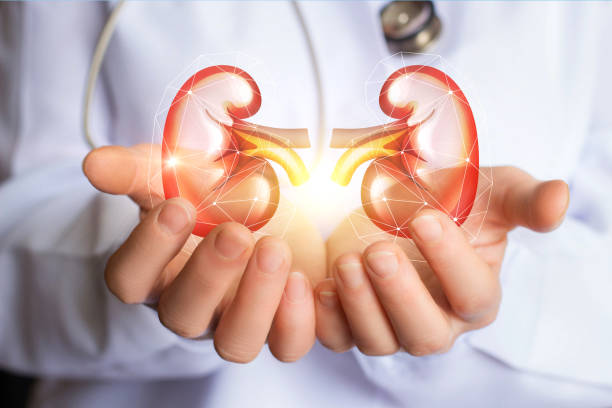Does D-Mannose Cause Kidney Damage?

What is D-mannose?
D-mannose is a type of sugar that’s related to the better-known glucose. These sugars are both simple sugars. That is, they consist of just one molecule of sugar. As well, both occur naturally in your body and are also found in some plants in the form of starch.
Many people take D-mannose for treating and preventing urinary tract infections (UTIs). D-mannose is thought to block certain bacteria from growing in the urinary tract. E. coli bacteria cause 90 percent of UTIs. Once these bacteria enter the urinary tract, they latch on to cells, grow, and cause infection. Researchers think that D-mannose might work to treat or prevent a UTI by stopping these bacteria from latching on.
According to Healthline, after you consume foods or supplements containing D-mannose, your body eventually eliminates it through the kidneys and into the urinary tract. While in the urinary tract, it can attach to the E. coli bacteria that may be there. As a result, the bacteria can no longer attach to cells and cause infection.
There isn’t much research on the effects of D-mannose when taken by people who have UTIs, but a few early studies show that it might help. A 2013 study evaluated D-mannose in 308 women who had frequent UTIs. D-mannose worked about as well as the antibiotic nitrofurantoin for preventing UTIs over a 6-month period.
In a 2014 study, D-mannose was compared to the antibiotic trimethoprim/sulfamethoxazole for treatment and prevention of frequent UTIs in 60 women. D-mannose reduced UTI symptoms in women with an active infection. It was also more effective than the antibiotic for preventing additional infections. A 2016 study tested the effects of D-mannose in 43 women with an active UTI. At the end of the study, most women had improved symptoms.
How long does d-mannose take to work?
D-mannose is rapidly absorbed and reaches organs within 30 minutes, after which it may be excreted via the urinary tract. D-mannose generally starts working against urinary tract pain in 48 hours. Studies have shown that a clinical regimen of D-mannose 3 g/day for three days, then 1.5 g/day for 10 days, applied to treat acute UTIs is a good alternative in the prevention and treatment of UPE uropathogenic Escherichia coli (UPEC) -related UTIs.
Does D-Mannose Cause Kidney Damage?
Studies have shown that high doses of D-mannose may cause kidney damage. Once the blood sugar level gets higher than 180 mg/dl, the kidneys start to spill sugar into the urine. The higher the blood sugar, the more sugar comes out in the urine. Excess sugar in the bloodstream can cause the kidneys to filter too much blood. Over time, this extra work puts more pressure on the nephrons, which often results in them losing their vital filtering ability. If your kidneys are normal, this usually isn’t a big problem, but if you have diabetes, too much sugar can cause kidney damage.
Nevertheless, there is some evidence to suggest that D-mannose may have a protective effect on the kidneys. One study published in the Journal of Medicinal Food found that D-mannose was able to reduce the formation of calcium oxalate crystals in the kidneys of rats. This is significant because these crystals can lead to the development of kidney stones, which can be very painful and potentially harmful to the kidneys.
Additionally, because D-mannose is primarily metabolized by the kidneys and excreted in the urine, it may help to flush out harmful bacteria and other toxins that can contribute to the development of kidney problems.
However, it is important to note that more research is needed to fully understand the effects of D-mannose on kidney health. As with any dietary supplement, it is important to talk to your doctor or healthcare provider before taking D-mannose to ensure that it is safe and appropriate for your individual needs.
Side effects and risks
The side effect that some of the people taking D-mannose supplements experience include:
- Diarrhea
- Boating
- Altered blood sugar levels
An article suggested that taking D-mannose supplements may also cause complications for women who are pregnant or have diabetes. It is essential to speak to a doctor before taking any new supplements.





